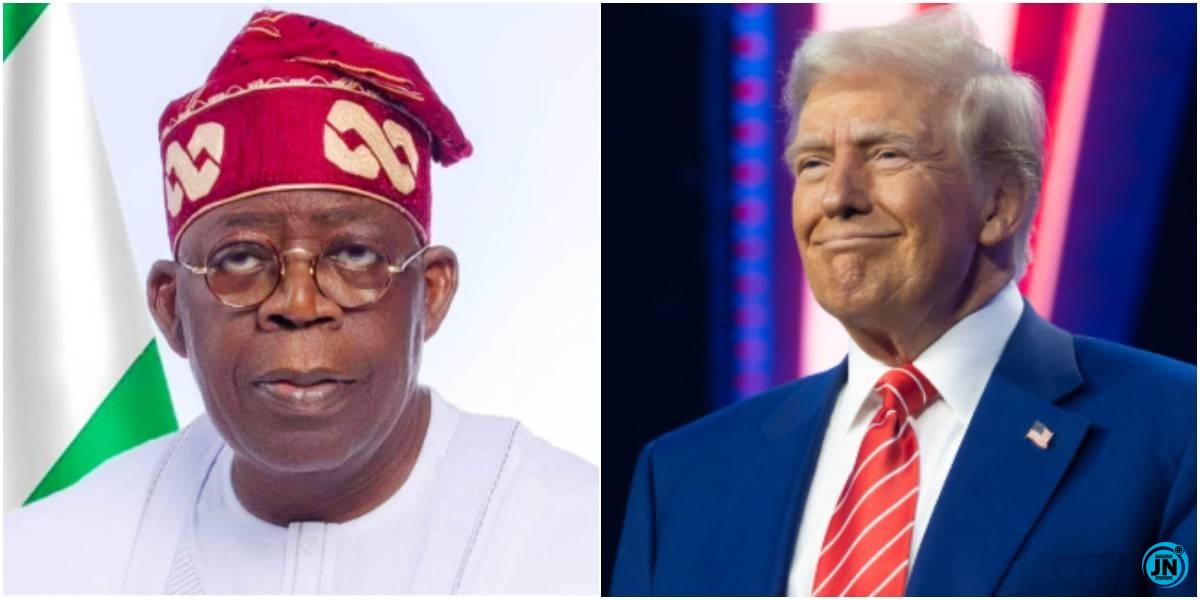
The Federal Government (FG) of Nigeria has strongly expressed its concern and disappointment over the recent move by the United States government to impose stricter visa restrictions on Nigerian citizens. In a passionate appeal, the Nigerian government has urged the U.S. to reconsider and reverse the policy in the spirit of mutual respect, equity, and the longstanding diplomatic relationship between the two nations.
The controversial policy change involves a revision of the visa reciprocity schedule for Nigerians, announced by the U.S. authorities. Under the new rule, the validity period for key non-immigrant visa categories, including B1/B2 (business and tourism), F (student), and J (exchange visitor) visas, has been reduced to just three months with a single entry. Previously, Nigerians enjoyed longer validity periods and multiple-entry privileges, facilitating easier travel for various legitimate purposes.
Reacting to the development, the Ministry of Foreign Affairs, through its spokesperson Kimiebi Ebienfa, issued an official statement on Wednesday expressing Nigeria’s deep displeasure. According to the statement, the Federal Government believes that the decision is not only harsh but also risks undermining the strong people-to-people ties and robust bilateral relations that have existed between Nigeria and the United States for decades.
“The attention of the Federal Government of Nigeria has been drawn to the recent decision by the United States Government to revise its visa reciprocity schedule for Nigerian citizens, limiting the validity of non-immigrant visas, including B1/B2, F, and J categories to three months with single entry,” the statement read.
“The Federal Government views this development with concern and keen interest, particularly given the longstanding cordial relations and strong people-to-people ties between our two countries.”
Ebienfa further stated that the decision contradicts the principles of fairness, equity, and mutual respect that are supposed to guide interactions and engagements between friendly nations. The Ministry highlighted that the move would negatively impact a large number of Nigerians, including students pursuing higher education in the United States, business professionals involved in trade and investment, and families wishing to maintain close connections with loved ones abroad.
“The decision appears misaligned with the principles of reciprocity, equity, and mutual respect that should guide bilateral engagements between friendly nations,” he reiterated.
“While acknowledging the sovereign right of every country to determine and enforce its immigration policies, the Federal Government of Nigeria respectfully urges the United States to reconsider this decision in the spirit of partnership, cooperation, and shared global responsibilities,” the statement emphasized.
The Nigerian government also stressed that academic, cultural, and professional exchanges between the two countries have historically played a significant role in deepening bilateral ties and fostering mutual understanding. Therefore, the new visa policy could undermine these important exchanges and restrict opportunities for Nigerian citizens.
The Ministry of Foreign Affairs confirmed that it has already initiated diplomatic engagements with U.S. counterparts to discuss the matter and seek an amicable resolution. According to Ebienfa, Nigeria remains committed to pursuing solutions that reflect fairness, uphold shared values, and strengthen the existing partnership between both nations.
“Diplomatic engagements are ongoing, and the Ministry of Foreign Affairs remains committed to pursuing a resolution that reflects fairness and upholds the values of mutual interest,” the ministry noted.
The appeal from the Federal Government comes amidst widespread frustration among Nigerian citizens, particularly students, scholars, business travelers, and professionals who rely on seamless travel to the United States for educational, economic, and personal reasons. Many fear that the new restrictions could limit opportunities and disrupt vital connections in the future.

